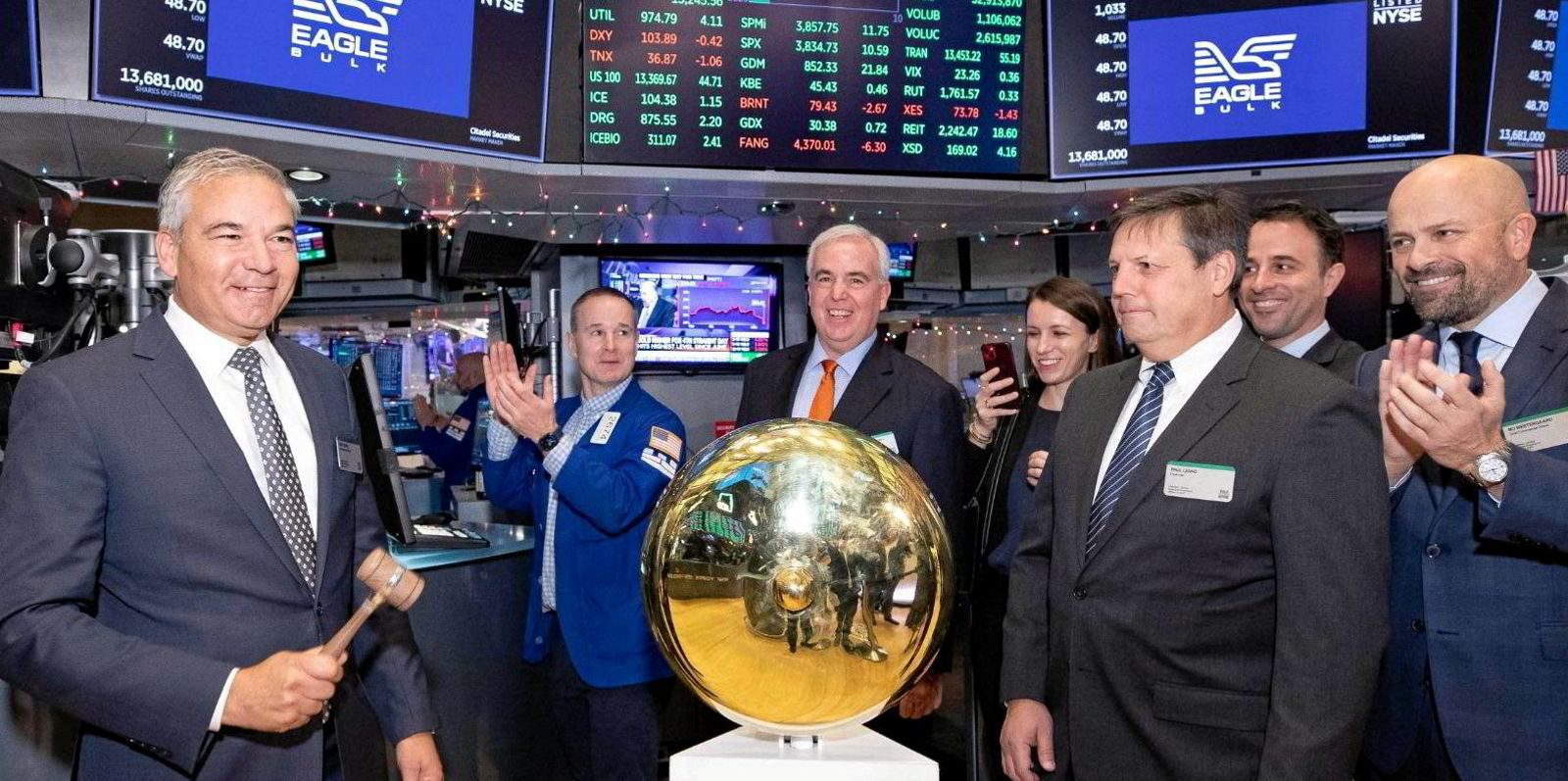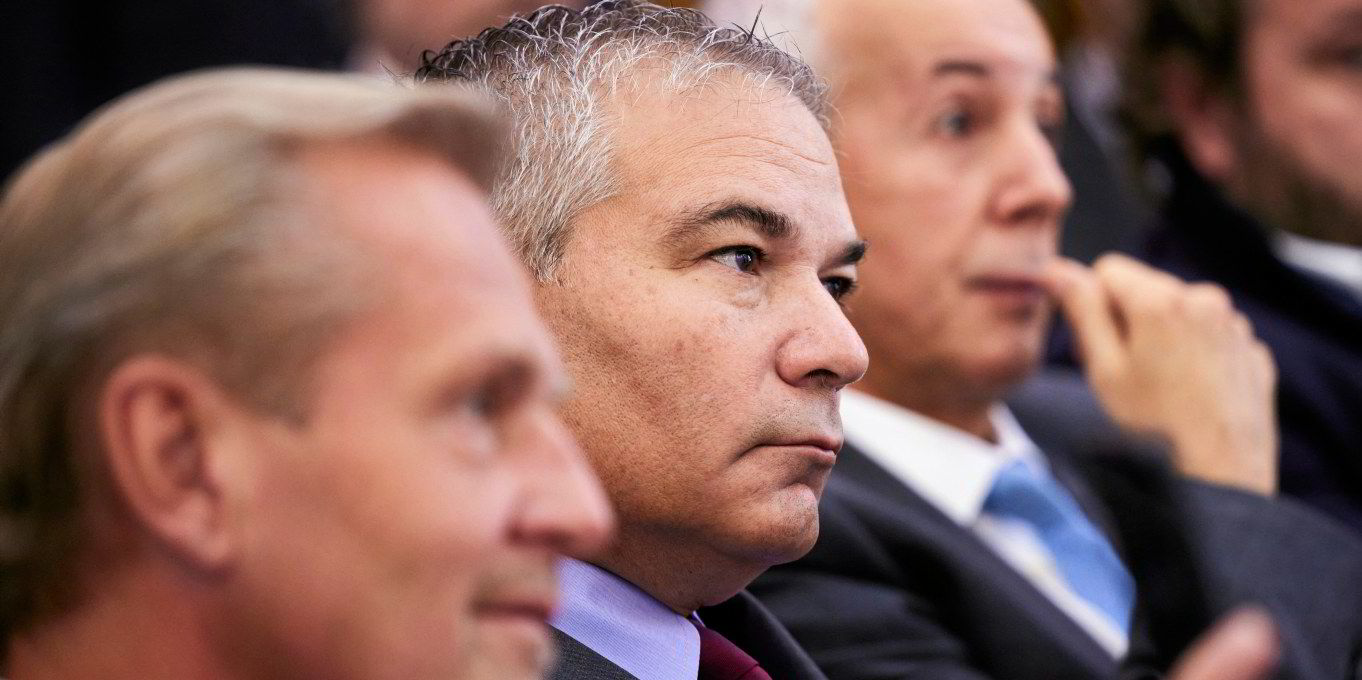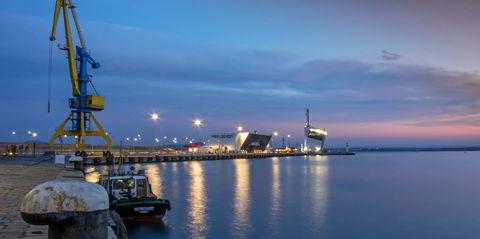Major dry-trade owner Eagle Bulk Shipping has finished a short flight from the Nasdaq in New York’s Times Square to its new home on the New York Stock Exchange.
Executives of Eagle were expected to ring a bell on the floor of the NYSE to mark the opening of the trading day on Wednesday. This is different from the ceremonial “opening bell” ritual staged on the exchange’s balcony, which may yet be in the owner’s future.
The significance of the move is seen as largely symbolic, reflecting both Eagle's vintage as a public company and its growth as a shipowner.
Eagle took wing in 2005 during an unprecedented wave of shipping IPOs — largely within the dry bulk sector — seen as an investor proxy play on the growing Chinese economy.
The outfit originally was led by chief executive Sophocles Zoullas and chief financial officer Alan Ginsberg, with backing from private equity’s Kelso Group.
After an initial period of strong returns and growth, Eagle and most of its dry bulk peers were sideswiped by the global financial collapse of 2008. It entered into a pre-packaged Chapter 11 bankruptcy reorganisation in 2014.
Following a parting of ways with the original management team, Eagle’s board of directors hired Gary Vogel to lead the owner’s new phase as chief executive.
Vogel had to withstand his own turmoil — a sharp market downturn that required a quick financial restructuring — but it has been largely onward and upward since then.
Eagle today owns a fleet of 54 supramaxes and ultramaxes, and a decision to fit them with exhaust-gas scrubbers has paid off handsomely even in a market that has faltered in recent months.
The company's current market capitalisation is about $675m.

Finance sources say there will be very little practical difference associated with switching the listings, aside from a perception of greater prestige associated with the senior exchange and perhaps, over time, hope for greater trading liquidity.
The switch meshes with Eagle's position as a perennial top-five finisher in analyst Michael Webber's annual ESG Scorecard of public shipowners, a table of best governance practices that the Stamford owner has led three times.
While the NYSE is generally perceived as a more desirable listing, it should also be noted that Nasdaq’s Global Select tier — the top of three trading rungs for the exchange — hosts the likes of corporate goliaths Apple and Amazon.





